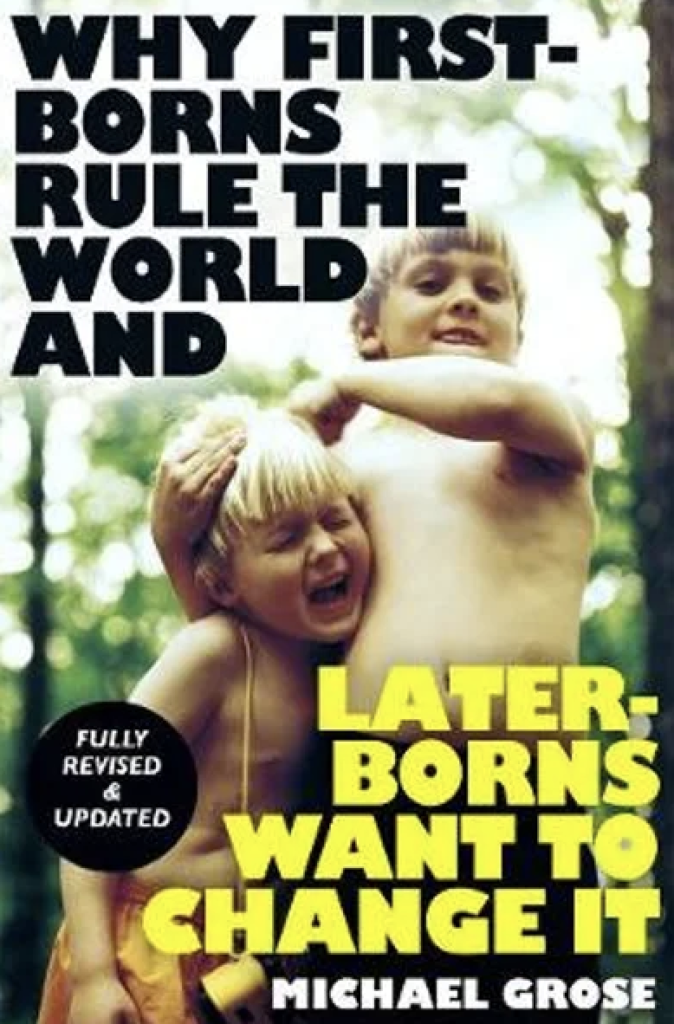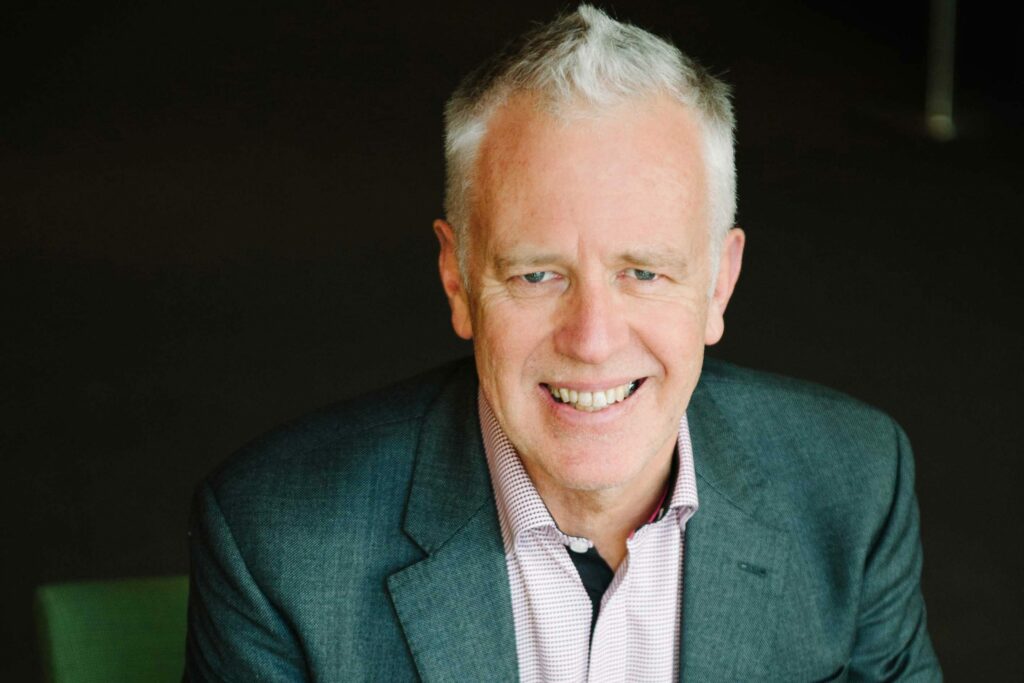It is a great pleasure to have Michael Grose for our ‘Behind the Book’ segment. For the unknown, Mr. Grose is one of Australia’s leading parenting and educational writers and speakers. He is the author of nine books for parents, including the best-selling Why First-Borns Rule the World. Currently, he supports over 1500 schools in Australia and internationally to build strong partnerships with their parent communities. For more information and practical ideas on parenting, visit his website: www.parentingideas.com.au.
How did you come up with the idea of Why First-borns Rule the World and Later-borns Want to Change It?
Michael- The most significant research on birth order came out in the mid-90s by Frank Sulloway- an American academic who did a meta-research on birth order studies. The title of his book was Born to Rebel. He looked back in history and noticed that many leaders, for instance, many US presidents were first-borns. However, the ones responsible for significant social changes were actually the last-borns or the youngest. If you’re born to rebel, you most likely appear to be the youngest one. That’s how I drew the idea of why the first-ones rule the world and last-ones want to change it. I wrote my book around 18 years ago. As examples, I have used Prince Harry and Prince William because that explained how a later-born, only second in the family- Harry has been more rebellious, has gone his own way. He is almost a poster child for a later-born.
What prompted the second edition of the book?
Michael- I want people to understand how a birth order theory works. I’ve been working in the parenting area in Australia for a long time, and no one else was writing about this or really spoke about it. When I put this book out in 2003, it got a lot of publicity because it was fairly new. What prompted me in 2003 and now is that two things have become quite evident: that the families have shrunk in Australia, in Western countries. It used to be a family of more children earlier, but over the last 20 years, 60% of Australian families have shrunk to two kids or less, and that’s the most significant difference. You’ve got first-borns, and you’ve got later-borns. Since I work a lot in schools, I have noticed that anxiety and first-borns tend to go hand-in-hand. Now we’ve got more first-borns in schools because we have small families. Not so long ago, I was in this school where we had 23 kids in a class, and 18 of them were first-borns.
How different was the writing process for this particular one in comparison to your previous books?
Michael- When I speak to people, they personalise it. They tell me stuff like ‘that’s actually me, that’s like my family when I grew up.’ So, it was more enjoyable to write in that regard. I just had to be careful that I didn’t extend it into turning it into a non-parenting book. So that was probably just the only difference that I gathered.
What have been your personal learning from the whole research and the final outcome?
Michael- Probably just the obvious thing is that people ignore a rich vein of information about themselves, their lives, their kids, and even parenting by not considering the lens of birth order. I’m starting to see more of it as I see it within my own family. My youngest daughter recently threw a birthday party for her second child. She has two children: five-year-old and three-year-old. We joined her for the celebration and realised that she had presented an already cut cake that she brought the previous night for her partner’s family. She got us the other half of the cake from last night. My daughter funnily commented, ‘this only happens to a second-born child, giving them half a cake.’
You talk about favouritism in the book. Speaking about your own family, do you have a favourite child?
Michael- I’ve certainly got a child that I relate to easier than the others. I think most of us do. My wife and I both tried very hard to make sure that we give each child the same amount of attention. My youngest born still thinks she gets a hard time, so she’s very conscious that we treat her exactly the same as the others. When we visit one of our kids and spend some time with them, we’re very aware that we need to go and spend some time with this particular later-born as well because she will be measuring up. That happens. So, you do have your favourites. If I had a choice of going and spending time with all three of my kids, I would still prefer to spend some extra time, maybe with just one.

When you’re not researching or writing, what do we see you doing?
Michael- My son lives in Sweden, so I always go there a couple of times a year. I’ve been doing that for a while, so travel has been a big part. Courtesy COVID, I haven’t been able to do so much now, but I’ll start to travel within Australia because travel is important to me. I like sport as well, so I stay involved in playing a little bit of sport. I also run a little parenting education business from home, so I still do that. These keep me pretty busy.
Is there any particular message that you wanted to convey through this book?
Michael- I’ve stated the obvious one that we need to get a better understanding of the birth order. If you’re raising kids, it really is valuable information. The second thing is the middle children have gone. We’re seeing fewer middle children now. That’s a bit of a loss for society because middle children tend to be much more flexible and resilient. Birth orders answered that one particular question that parents always have- same gender, same gene pool, and yet fundamentally different personalities interests and even different careers as adults.
How does it feel to be a published author of so many books? To see the labour of your love, out in the physical form for everyone to read.
Michael- I love it. It’s such a great feeling. Something that never disappears. It’s all of those things that make you feel so lovely.
What will you be working on next?
Michael- Maybe one on fathers. I can see how fatherhood has changed with time. And my other book is called the parenting paradox.
Read our Book Review for Why First-borns Rule the World and Later-borns Want to Change It here.
Why First-borns Rule the World and Later-borns Want to Change It by Michael Grose was published on 1st June 2021 by Penguin Books Australia. You can purchase the book here.
